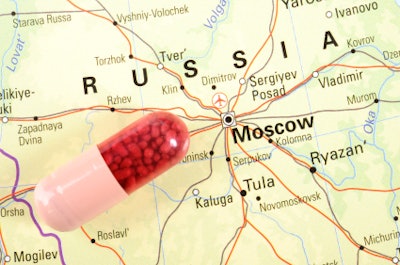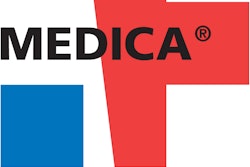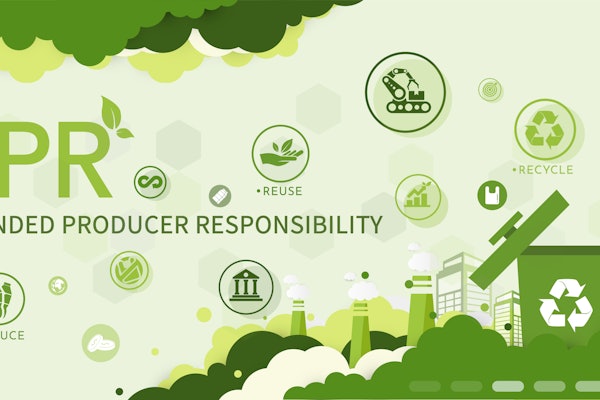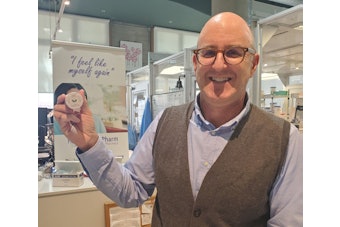
The Russian pharmaceutical industry continues to evolve through government funding and via international cooperation. In 2010, Russian news agency RIA Novosti reported, “Russia will develop the domestic pharmaceutical industry in order to decrease the country’s dependency on foreign medicines, President Dmitry Medvedev said.”
In January 2012, ModernRussia pointed to international cooperation in an article on Incuron, a joint venture between Russian venture fund Bioprocess Capital Ventures and U.S. biotechnology company Clevealand BioLabs. The story said Incuron is a recipient of a $5 million grant from the Skolkovo Fund, “a government initiative aimed at encouraging breakthrough science and innovation in technology.”
Modern Russia’s story said the grant “is part of the Russian government’s 2020 Strategy to encourage growth in the Russian pharmaceutical industry. Under the plan, the government is helping local companies boost production of innovative drugs by covering the costs of R&D. If the progress continues in the Russian pharmaceutical industry then by 2020, the total industry could be responsible for 50 percent of drugs in circulation, 80 percent of which would be domestically developed.”
International cooperation in developing the Russian pharmaceutical market was also evidenced when Japan-based Takeda announced the opening of a manufacturing facility in Yaroslavl, Russia.
More recently, Nov. 27, 2012 to be specific, Schott Pharmaceutical Packaging’s announced that it planned to increase the production capacities at its plant in in Zavolzhe, Russia by more than 50%. “Expanding our presence in Russia represents an important strategic step for the benefit of our customers,” said Prof. Udo Ungeheuer, Chairman of the Board of Management of SCHOTT AG. “We are seeing continued growth in demand for locally manufactured primary packaging that also meets all of the international standards for quality. This will result in shorter delivery routes and better export opportunities for our customers. In other words, by pursuing a consistent investment strategy, we will be helping our customers in the Russian pharmaceutical industry to achieve their own growth and quality objectives.
Schott, a supplier of glass tubing and primary packaging for the pharmaceutical industry, said, “The Russian pharmaceutical industry has experienced double-digit growth in recent years.” Last year, Schott officially inaugurated its plant in Zavolzhe.
Despite the investments, doubters exist when it comes to Russia’s Pharma 2020 goals. For example, global information firm IHS reported, “Insufficient funding and structural deficiencies are likely to be insurmountable obstacles in the realisation of Russia's Pharma 2020 strategy goals.”
Unhealthy lifestyles contribute to med needs
The Russian pharmaceutical market was also discussed as part of a new report from GBI Research, “OTC Pharmaceuticals and Self-medication in Seven Emerging Markets— Expanded Access, Aging Populations and Increasing Obesity Levels to Drive Future Growth.” The report notes, “A growing elderly population, rising obesity, and a huge number of smokers are key contributors to a surging Over-The-Counter (OTC) drugs market in Russia.” The publication predicts the country’s OTC market to climb in value from last year’s total of US$7.1 billion to US$16 billion by just 2018, at an impressive Compound Annual Growth Rate of 12.4% – the highest of any of the seven emerging markets investigated.”
According to GBI Research, “The lifestyle OTC medications sector is a significant contributor to the industry, accounting for 19% of the total last year, and is expected become the number one OTC market contributor in the future as more Russian’s seek to address unhealthy habits.
“The Eastern European nation is home to the largest percentage of smokers in the world and has a growing problem with obesity, but a strong lifestyle OTC industry indicates a healthy cultural desire to combat these issues.
“The cough, cold, and allergy category also holds a large market share at 18 percent. Since the fall of the Soviet Union, tuberculosis has been on the rise, and while this is a serious condition that requires medical attention and prescription drugs, it is likely that OTC products will be used alongside professional treatments to help ease disease symptoms.”






















